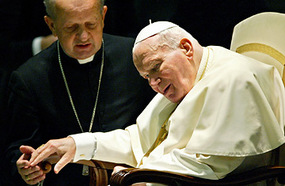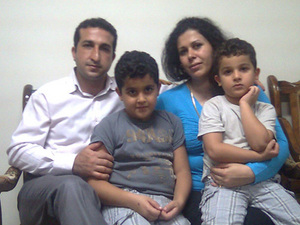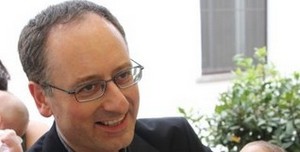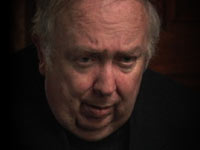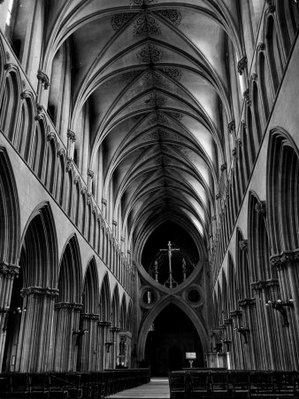A timely piece to think seriously about daily is the notion of religious freedom not only around the globe, but also and significantly here in the USA. Today, the Most Reverend William E. Lori addressed the Judiciary Committee of the United States House of Representatives, Subcommittee on the Constitution. Here are a few paragraphs (the link to the full text is noted below):
Religious
liberty is not merely one right among others, but enjoys a certain primacy. As
the Holy Father, Pope Benedict XVI recently explained: “It is indeed the first
of human rights, not only because it was historically the first to be
recognized but also because it touches the constitutive dimension of man, his
relation with his Creator.” (Pope Benedict XVI, Address to Diplomatic Corps,
10 Jan. 2011.) The late
Pope John Paul II taught that “the most fundamental human freedom [is] that of
practicing one’s faith openly, which for human beings is their reason for
living.” (Pope John Paul II, Address to Diplomatic Corps, 13 Jan. 1996, No. 9.) Not coincidentally, religious
liberty is first on the list in the Bill of Rights, the charter of our Nation’s
most cherished and fundamental freedoms. The First Amendment begins: “Congress
shall make no law respecting an establishment of religion, or prohibiting the
free exercise thereof….” It is commonly, and with justice, called our “First
Freedom.”
Continue reading Clarifying the meaning of religious freedom

